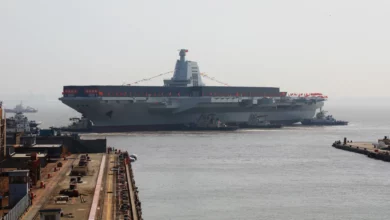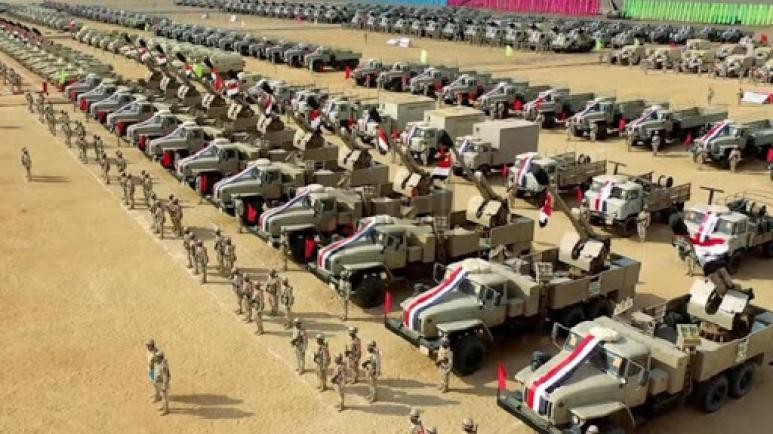More than 60 percent of Egyptians who took part in a voluntary online poll earlier this month support the death penalty for 83-year-old ex-President Hosni Mubarak.
Meanwhile, almost half of those polled support a strong role for the military in Egyptian politics, even after the creation of a new constitution.
The poll, which was conducted online by the polling company YouGov, sampled just over 1000 Egyptians over the age of 18, with more than half of the sample coming from the Cairo area.
Mubarak is currently standing trial on charges of corruption and conspiring to kill protesters during the 18-day uprising last winter that led to his ouster. A conviction could carry a death sentence, according to Egyptian law, though there has been very little public discussion of this possibility.
Fifty-seven percent of those polled believe that Mubarak’s trial will be either “very harsh” or “somewhat harsh,” while 28 percent said the trial would be “somewhat generous” to the deposed president, who is described by 48 percent of poll respondents as a “dictator”.
Prosecuting Mubarak and other members of his regime has been a major demand of Egypt’s protesters since the revolution began on 25 January. Several large protests were held in Tahrir Square in recent months demanding justice for killed protesters.
The poll also found support for a political role for the Egyptian military, with only 37 percent of respondents saying they “disagree” that the army “should continue to play a large role in Egyptian politics after the formal creation of a constitution.”
A military council took power in Egypt when Mubarak stepped down in February, and many speculate that the armed forces hope to enshrine a political role for themselves in the country’s new constitution. A declaration of constitutional principles announced by the military in July leaves open the possibility of the armed forces intervening in political life to maintain national unity.
The military has been a powerful player in Egyptian politics since the 1952 military coup that formed the modern republic. Mubarak and his three predecessors all came from the military, which controls a substantial portion of the economy.
Sixty-eight percent of those polled said they had a “very favorable” view of the army, with an additional 23 percent saying their view is “somewhat favorable.” Only six percent said they viewed the army “somewhat” or “very” unfavorably.
The ruling Supreme Council of the Armed Forces, however, had a slightly lower approval rating, with 38 percent saying they view it "very” favorably and 43 percent viewing it “somewhat” favorably. Fifteen percent had unfavorable views of the SCAF.




